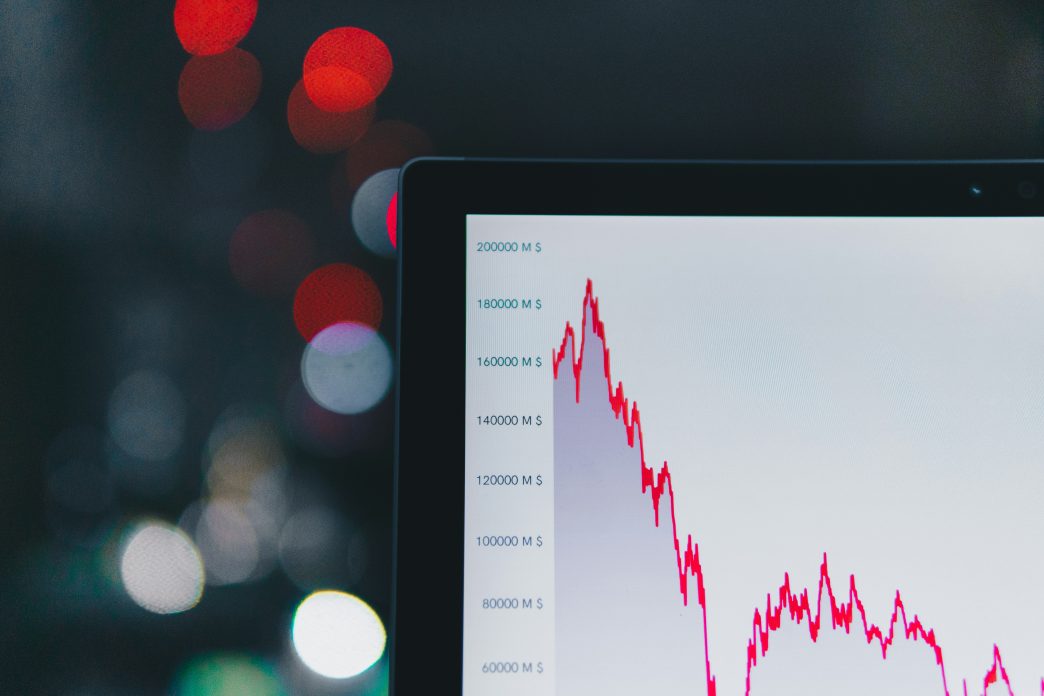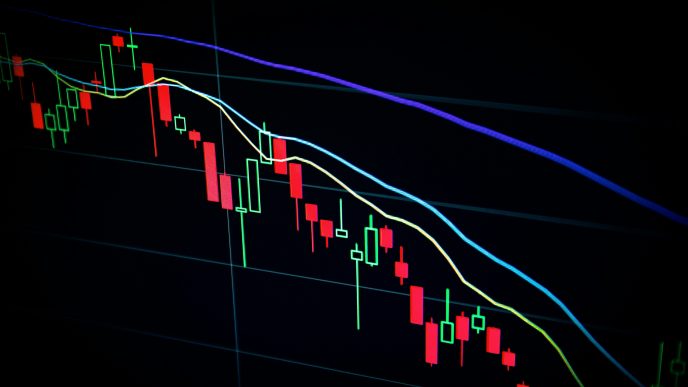Markets saw sharp drops Friday as Israel’s surprise airstrike on Iran rattled investors and drove oil prices higher. The Dow, S&P 500, and Nasdaq futures all posted early losses exceeding 1%.
Yet, global financial advisory firm deVere Group cautions investors against emotional reactions. Instead of selling into fear, the firm advises maintaining discipline and focusing on long-term strategies during geopolitical uncertainty.
Brent crude surged over 8% as investors priced in potential disruption to oil flows from one of OPEC+’s top producers. Gold rose nearly 1% as demand for safe-haven assets spiked.
Nigel Green, CEO of deVere Group, says: “Markets are reacting sharply to a dangerous escalation between Israel and Iran.
“But while the geopolitical risk is real and rising, long-term investors should not be panicked into abandoning sound investment strategy. This is a time for caution, yes—but absolutely not a time for indiscriminate selling.”
The Israeli government described the move as a “pre-emptive strike,” citing concerns over Iran’s nuclear activity. Explosions were reported across the Iranian capital, with fears that Tehran will retaliate, increasing the chance of a wider regional conflict that could hit global energy markets.
“Investors are understandably rattled, and short-term volatility will likely persist,” notes Nigel Green.
“But time and again, we’ve seen markets overreact to geopolitical events—only to recover once the initial panic fades. This is not a systemic crisis, and fundamentals across most sectors remain intact.”
He added that oil-sensitive sectors and inflation expectations are the key areas to watch in the short term.
“With Brent crude now spiking above $90 per barrel, we’re seeing renewed concerns about inflation just as central banks were preparing to ease policy. If sustained, this could delay rate cuts or even force policymakers to reassess. But again, that’s not a reason to rush for the exit—it’s a reason to review and rebalance.”
According to deVere, these kinds of market dislocations are often where value emerges—especially for investors with a global, diversified, and disciplined strategy.
“Fear-driven selling typically leads to missed opportunities,” said Nigel Green. “Yes, reposition if you’re overexposed to vulnerable sectors. Yes, build resilience with commodities, gold, or defensive stocks.
“But don’t liquidate quality assets because of short-term headlines. Emotional decisions rarely end well.”
He concluded: “We are in a phase of repricing risk—not a market breakdown. Investors need to stay focused, stay diversified, and stay engaged. These are the moments that separate strategy from speculation.”









